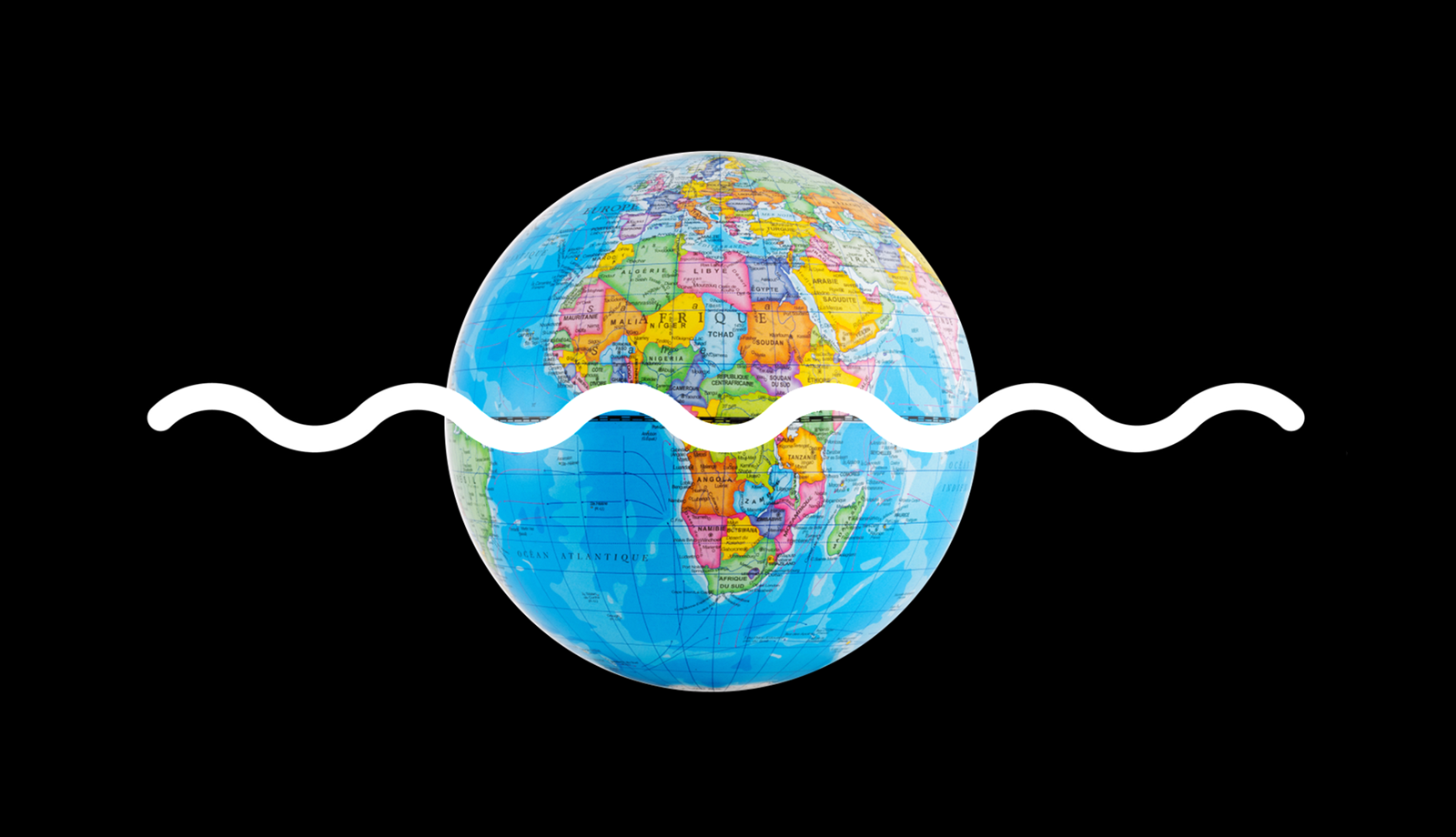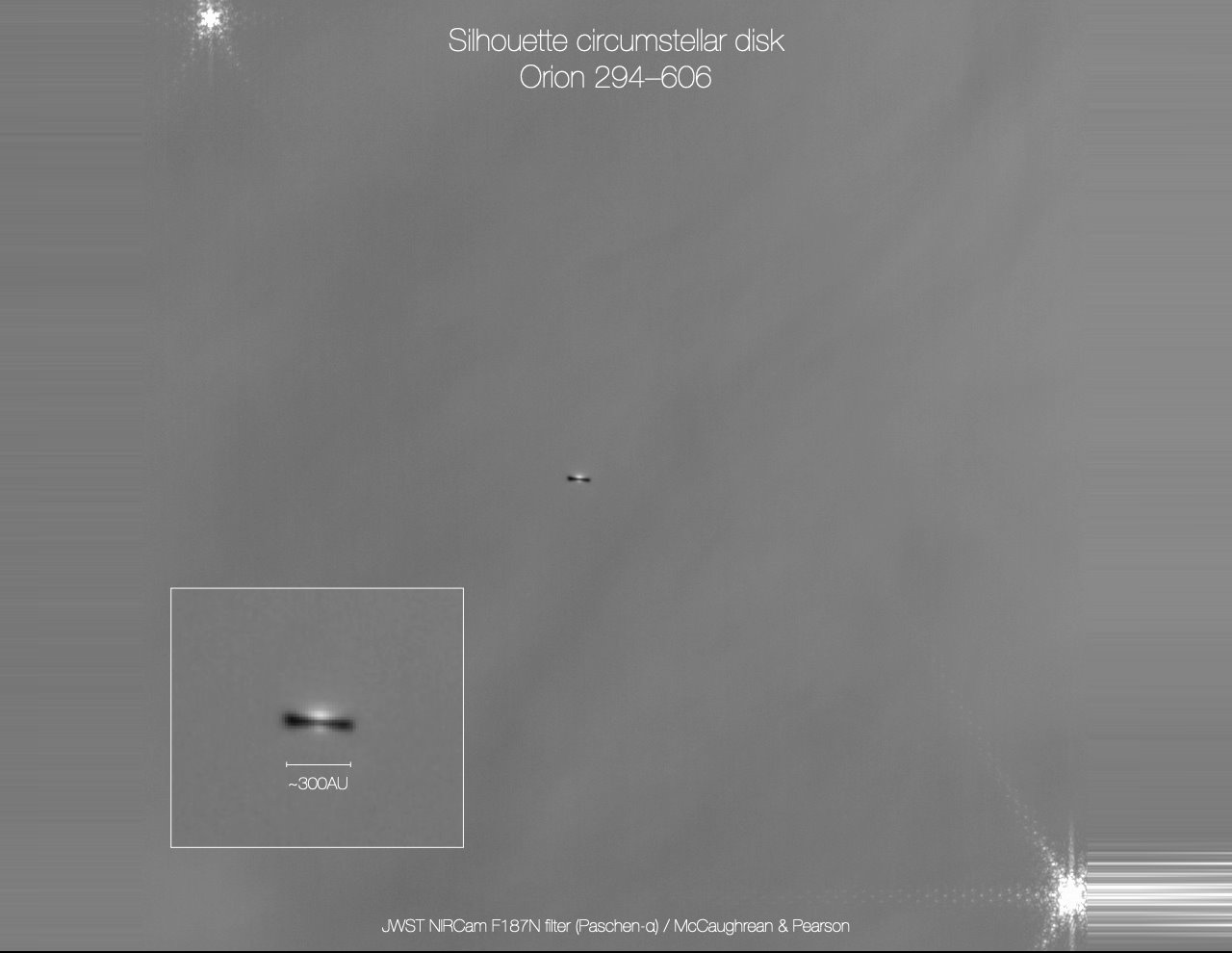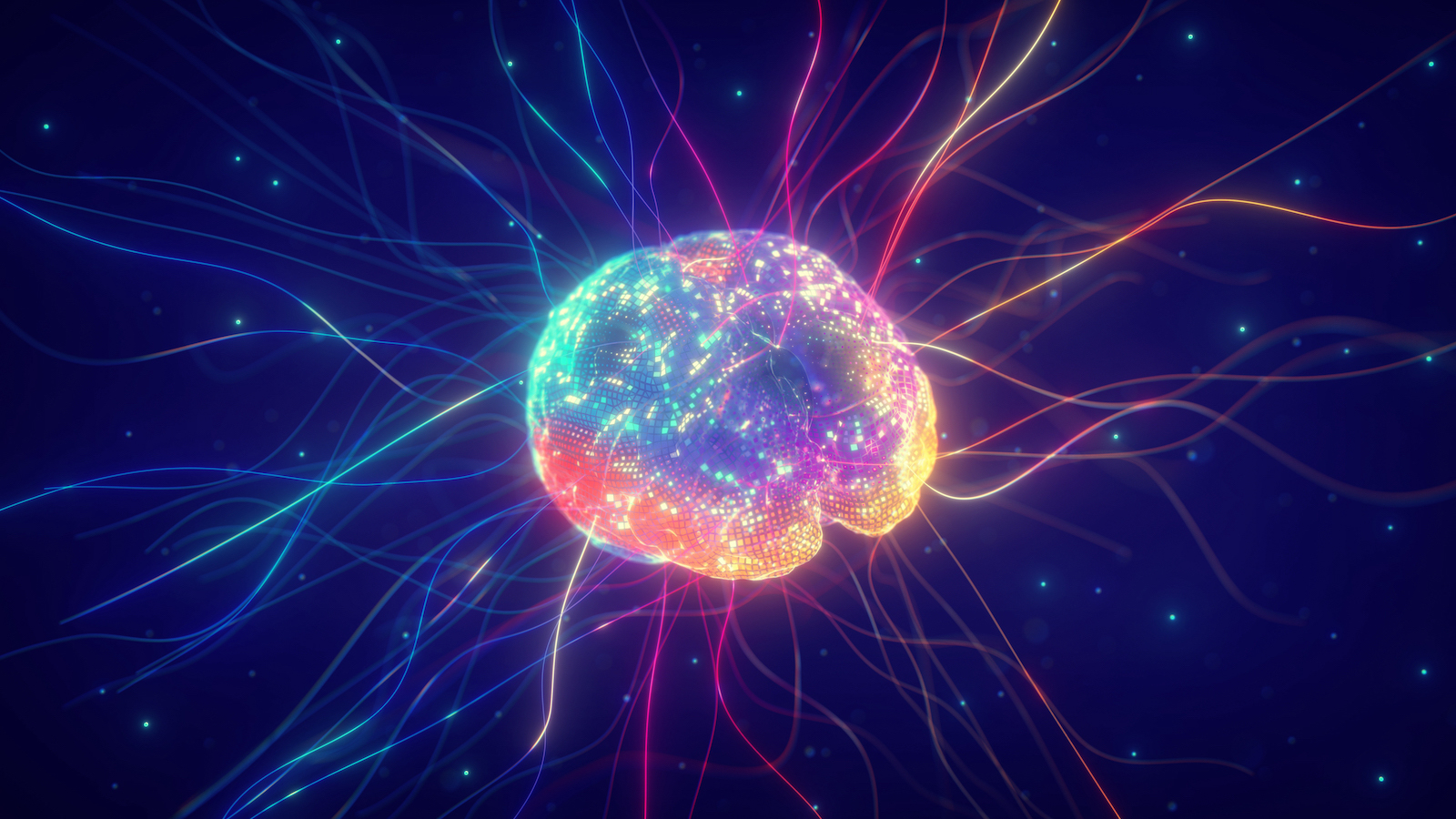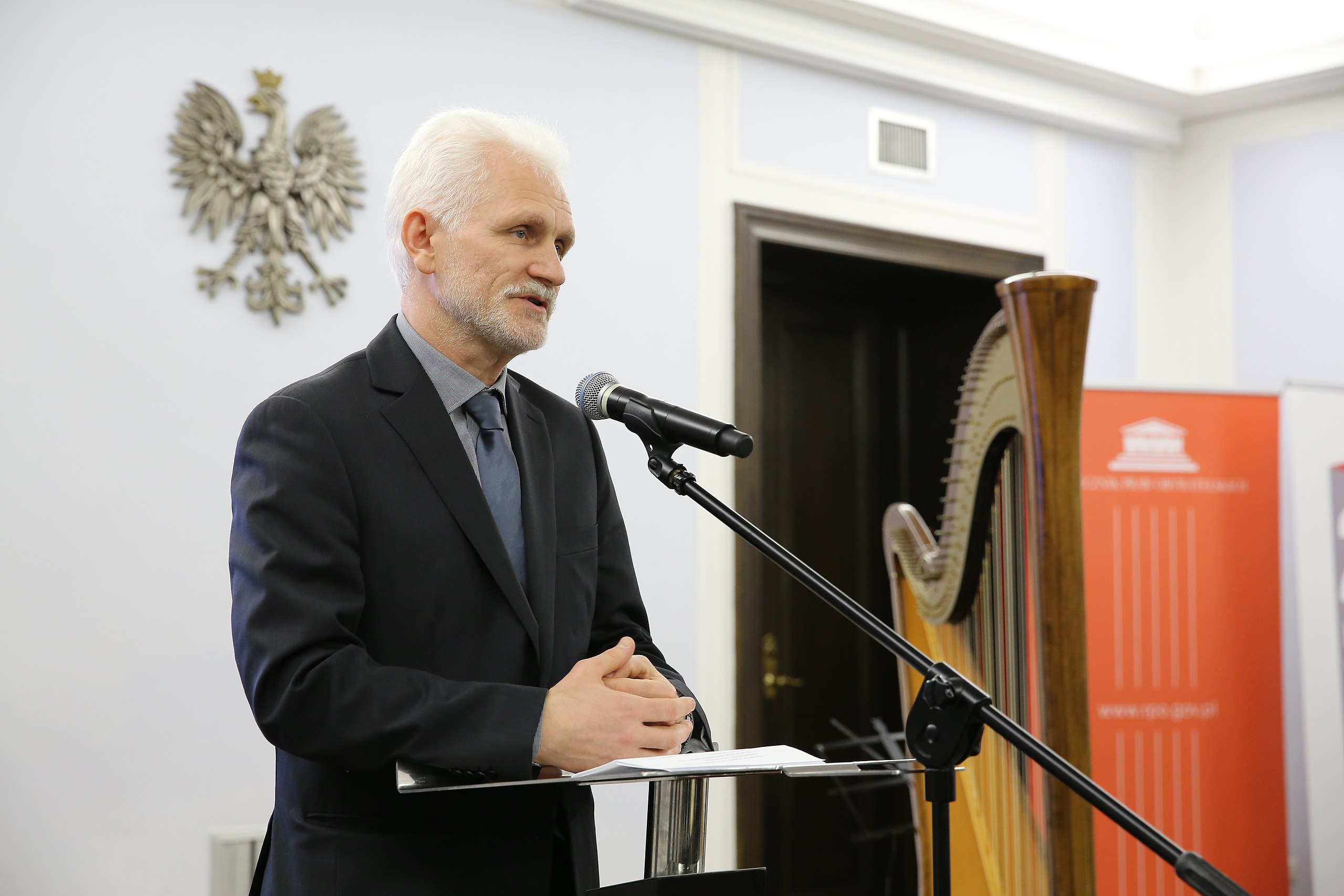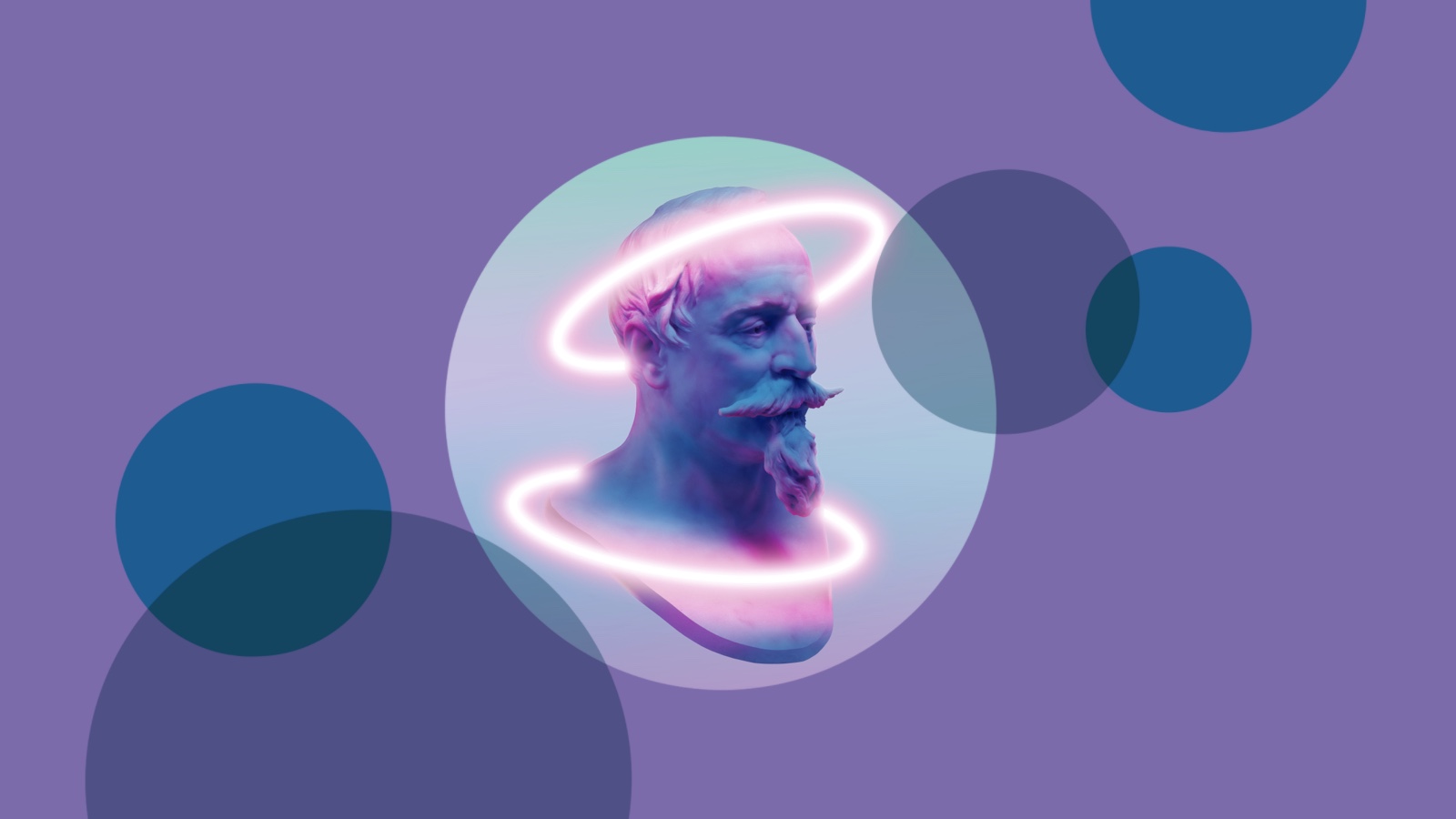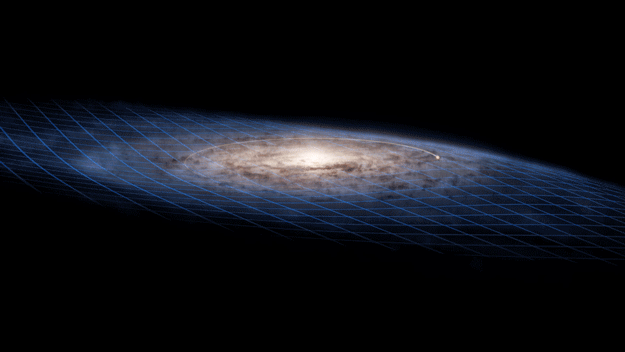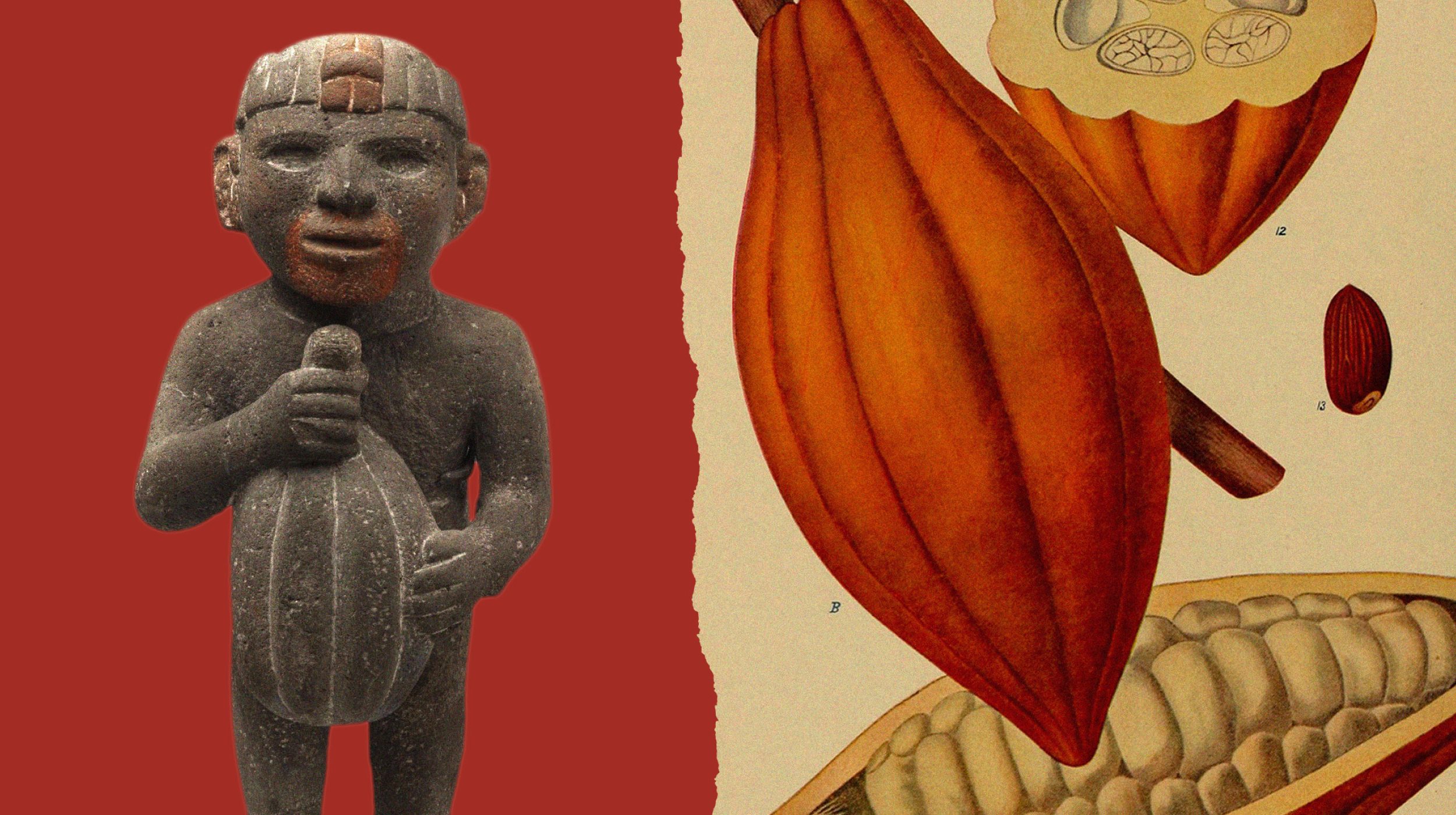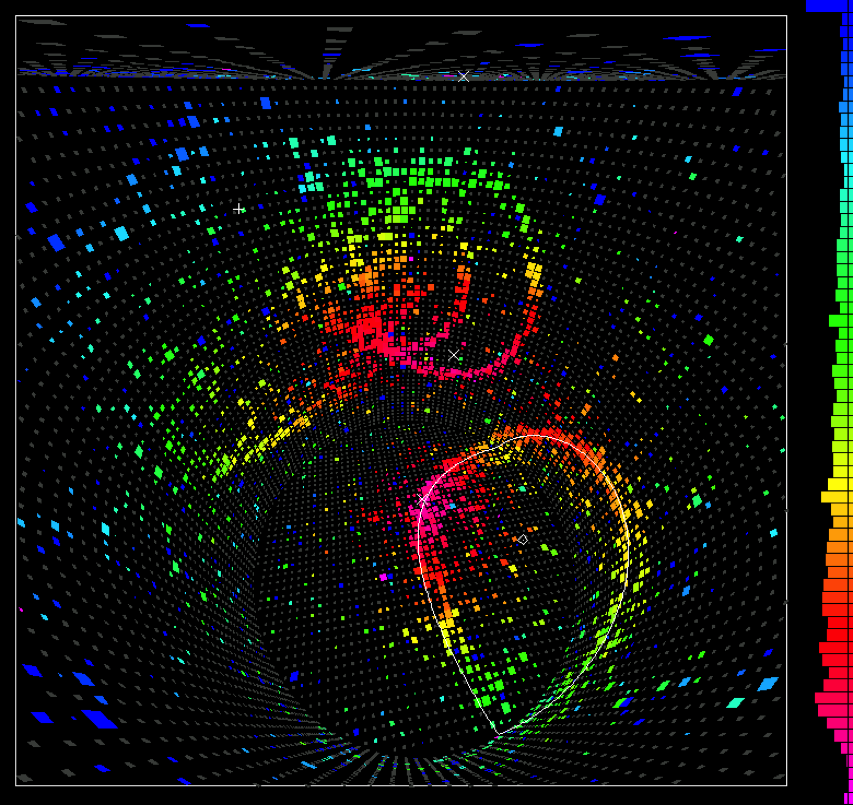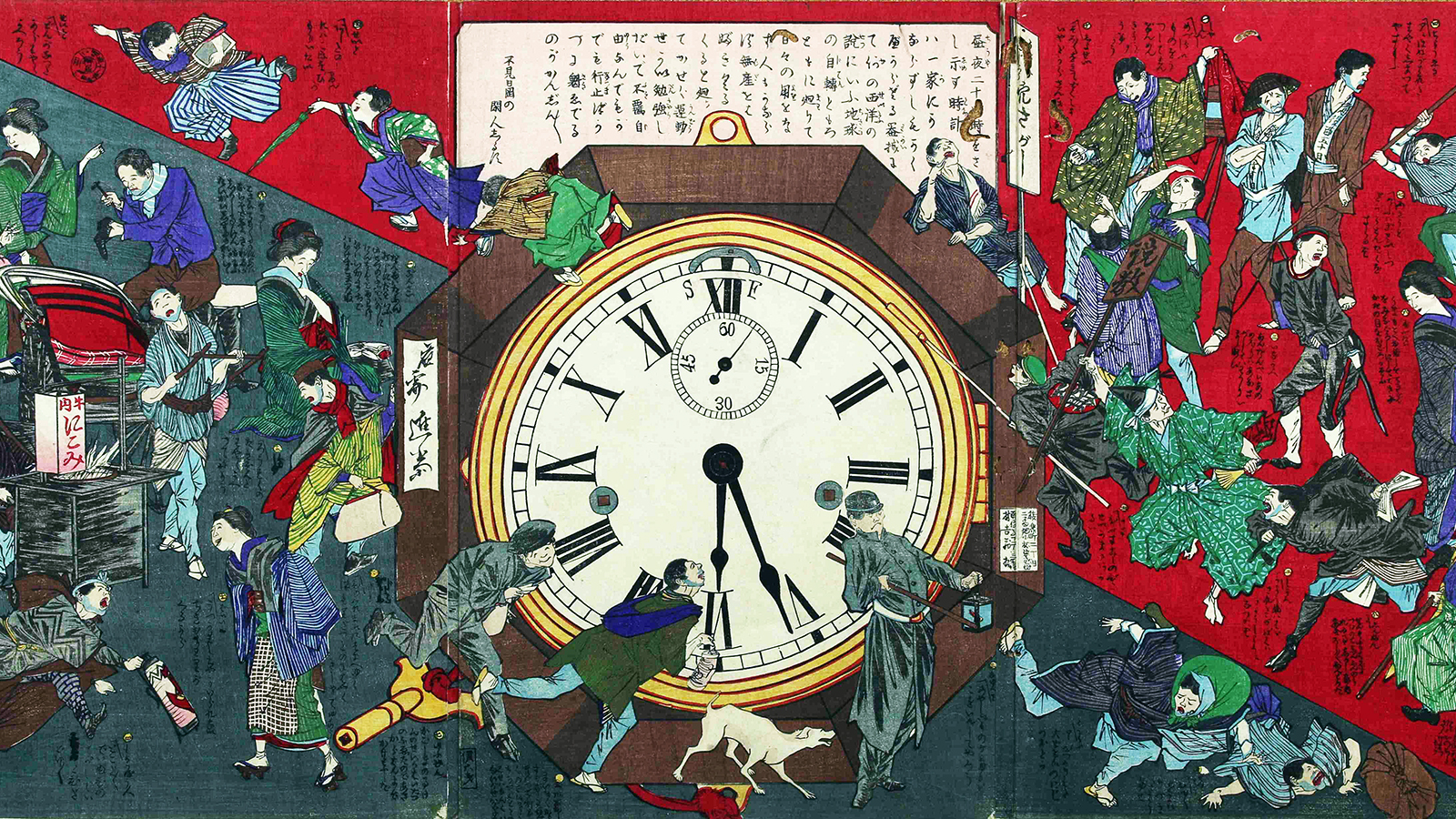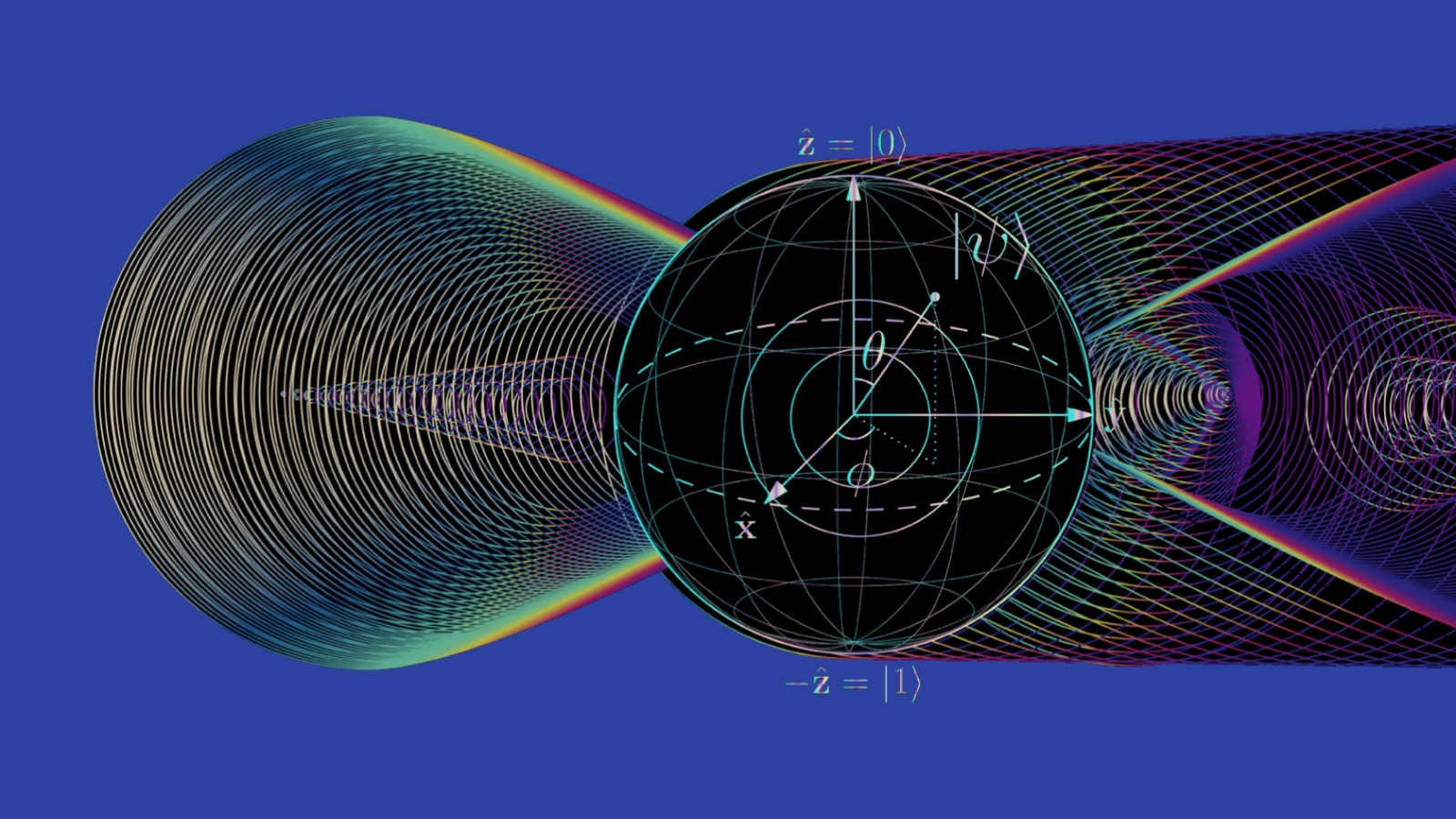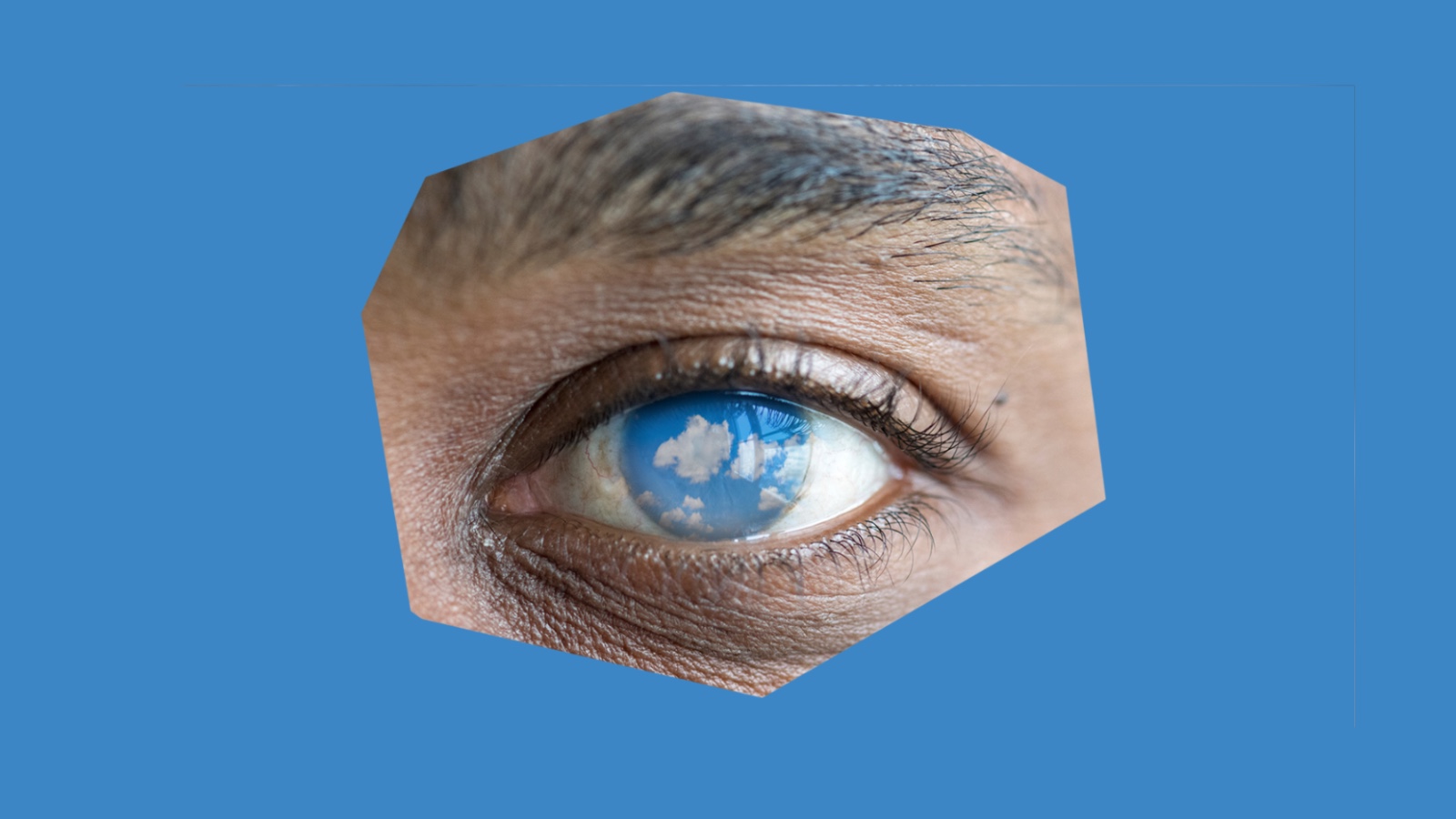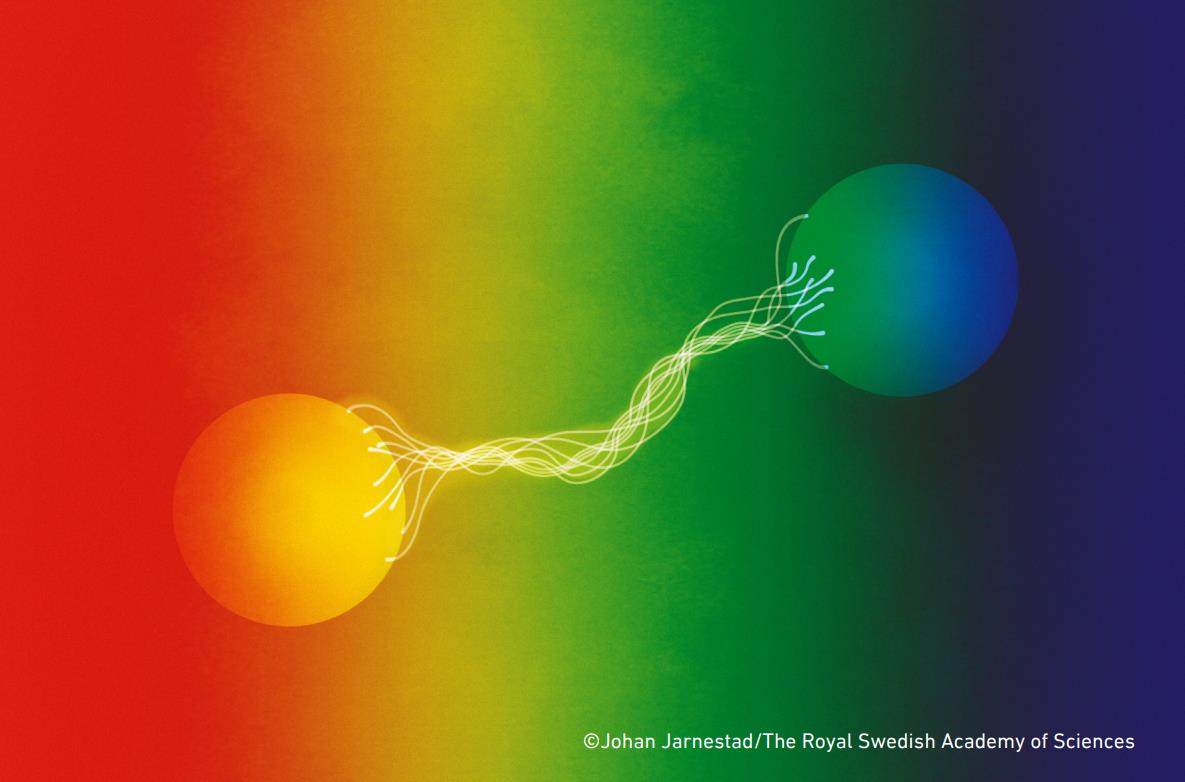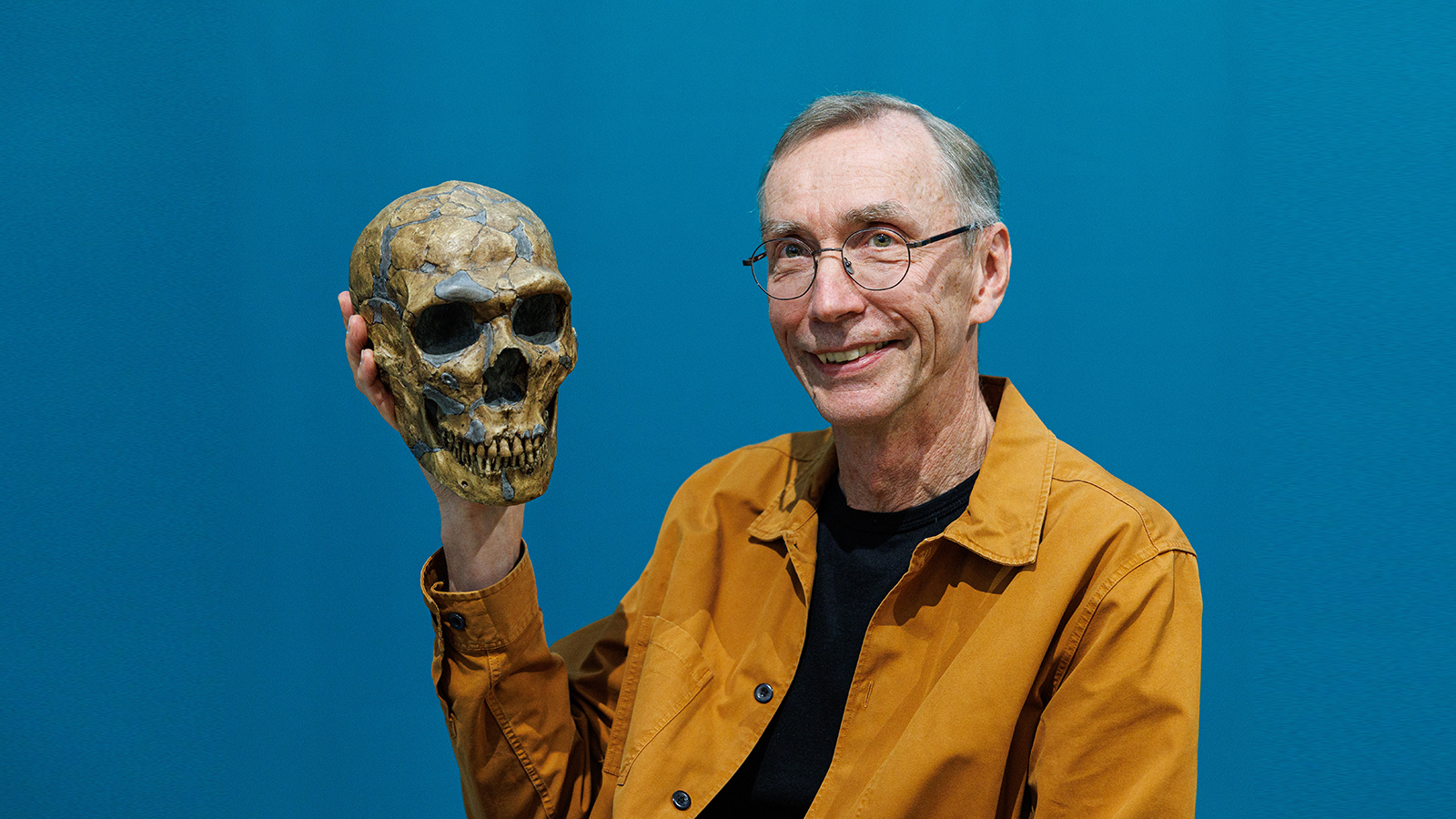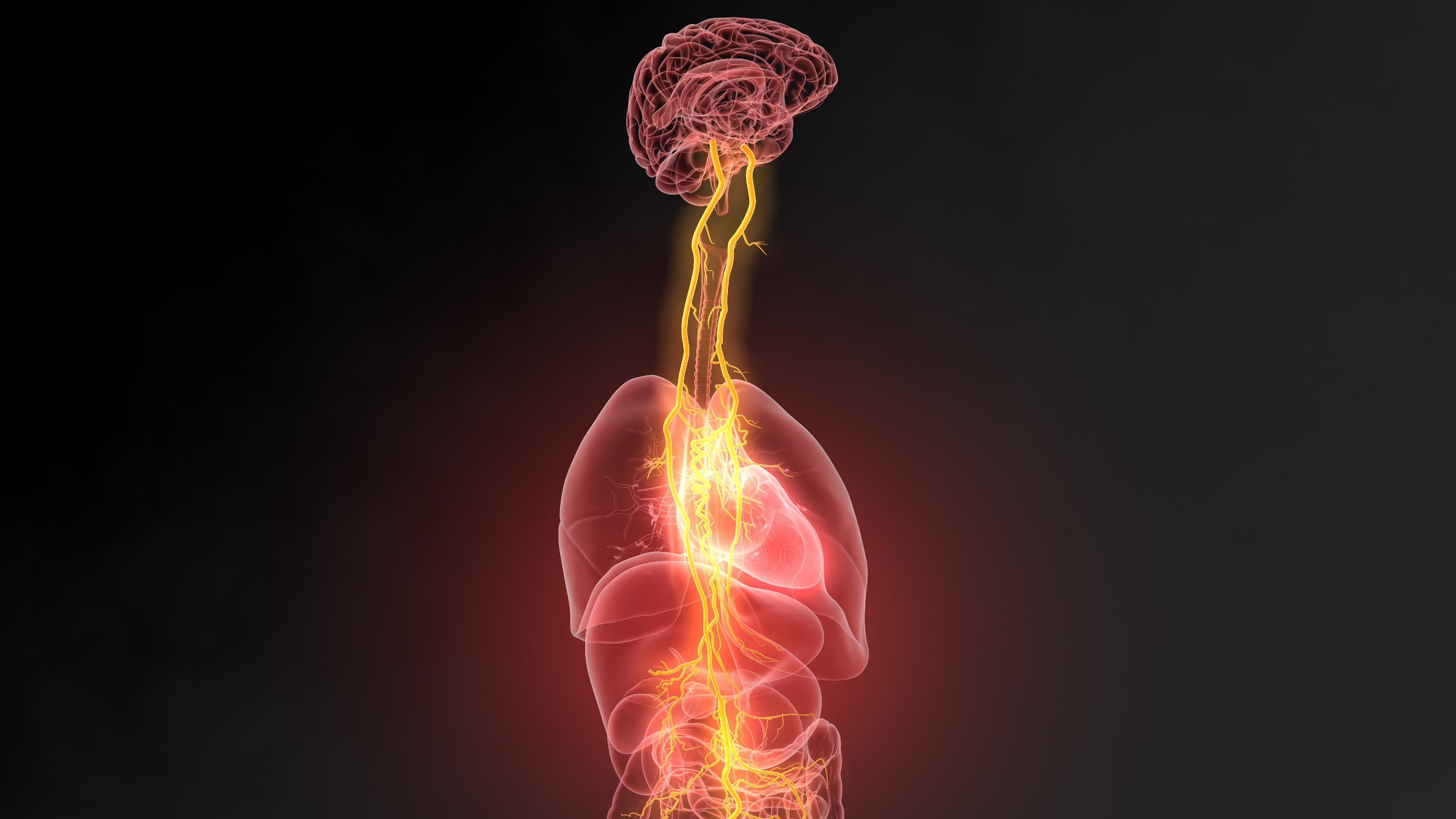Over the past 50 years, 27 leap seconds have been added to our time.
All nations have founding myths, but none are quite like Russia’s.
It might seem petty and shallow to get upset over a bad gift, but there’s often a deeper reason behind the feeling.
With its first view of a protoplanetary disk around a newly forming star, the JWST reveals how alone individual stellar systems truly are.
One award was for a medical procedure that incapacitated thousands of people.
The DARPA-funded memory prosthesis helps the brain retain new information.
This year’s Nobel Peace Prize ceremony sends yet another strong message to Russian president Vladimir Putin.
The findings of a recent study may help explain why some people are quicker to forget fearful memories.
One of the winners. Dr. K. Barry Sharpless, is now the fifth person in history to win two Nobels.
After 10,000 years of civilization, have we figured out what virtue is?
Dr. Carl Hart breaks taboos surrounding drug use in America.
▸
4 min
—
with
The Universe begins with negligible amounts of angular momentum, which is always conserved. So why do planets, stars, and galaxies all spin?
More than 1,000 years ago, Mesoamerican societies conducted one of history’s most interesting experiments in commodity money.
Many were expecting extremism survivor and free speech advocate Salman Rushdie to take home the Nobel Prize in Literature, but Annie Ernaux beat him to it.
Einstein always loses in the quantum realm.
Venerated astrophysicist Carl Sagan entertained the possibility.
Questioning isn’t just a way to get the right answer — it’s also a means for sustaining relationships and creative thinking.
Before we discovered gravitational waves, multi-messenger astronomy got its start with light and particles arriving from the same event.
Japan just opened to tourists for the first time since the coronavirus pandemic began, echoing the island country’s isolationist policies during the feudal era.
There’s no escaping the death of loved ones. But that doesn’t mean we’re powerless in the wake of loss.
Uncertainty is inherent to our Universe.
It turns out it’s hard to make work at an Amazon warehouse fun.
This is a perversion of justice.
We can never hope for a future with no problems. The solutions to problems create new problems, which in turn require new solutions, as WIRED founder Kevin Kelly explained recently.
People think that unhappiness causes our minds to wander, but what if the causation goes the other way?
They say that nobody understands quantum mechanics. But thanks to these three pioneers in quantum entanglement, perhaps we do.
There were many other species of human on the planet. Svante Pääbo discovered one of them.
When you don’t have enough clues to bring your detective story to a close, you should expect that your educated guesses will all be wrong.
The key to curbing sugar intake may lie in the gut rather than our tastebuds.
